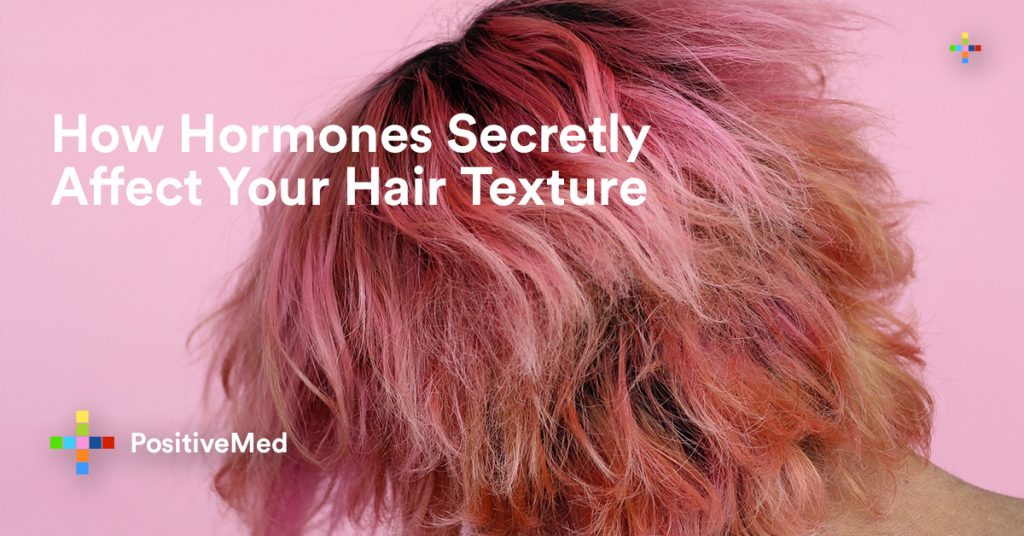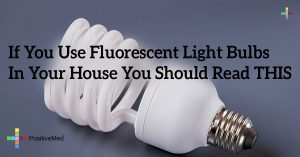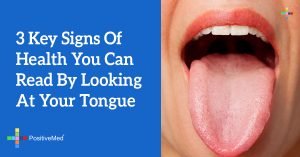The body of a woman is fascinating and interesting, although it can be really bothering and frustrating sometimes. We tend to blame everything on our hormones, the zits that appear from nowhere, the mood swings that make us hard-to-cope-with persons, and even the way our sweat feels and smells. Although you’re not going to be happy about this, it is time to add another thing to the list of unwanted side-effects caused by hormonal fluctuations. And we are talking about your hair. Apparently, a bad hair day can be triggered by your hormones. Depending on their levels in your body, your hair can become brittle, thin, and lose its natural shine. Of course, this won’t happen all the time, but it might be useful to know when to expect it.

• When deciding to stop using contraceptive pills
In most cases, women that take such a pill will have beautiful hair; trick strands, natural shine, and generous volume are among the best effects of taking pills. But, when you finally decide to stop taking the pill, this is when your body fires back. As a result of your decision, you may experience loss of hair and significant changes in its texture. Still, don’t panic, because you can solve this issue if you color your hair or opt for highlights because this will add a bit of thickness to your hair. Also, washing your hair with thickening shampoo and using pea-sized conditioner applied to your hair’s ends will make it thicker and shinier.
• Maybe your thyroid is to blame
If you start having problems with hair loss, you should check your thyroid, because disorders of the thyroid often lead to hair loss, due to fluctuating hormone levels. This happens because, from all the organs in our body, the thyroid accumulates the biggest quantity of toxins. So when it starts functioning improperly, it affects the hair’s growth cycle and leads to hair loss that is more significant than usual. Opting for organic foods and hair products that don’t contain chemicals will limit the intake of toxic compounds. Plus giving your scalp a periodic massage and introducing more proteins in your diet may help fight the unwanted symptoms of thyroid unbalances.
• The Polycystic Ovarian Syndrome can also create hair issues
Many women suffer from PCOS, although not very many are aware that this condition can make their hair thinner. PCOS is triggered when your body produces too many male hormones and the effects of this condition on hair are even worse if there is hair loss history within your family. You can solve the issue by talking with your doctor about medicines that will keep the production of male hormones in normal boundaries. If you can do this then your hair should start growing back at normal rates. Don’t forget about massaging your scalp, because this will improve blood flow in this area and stimulate hair growth.
• Stress is also playing with your hormones and hair
Stress is known for producing hair loss and leading to early graying of hair, and these are facts, not mere assumptions. When you are stressed, your body produces adrenaline, which will eat up your vitamin B, so much needed for the pigmentation of your hair. Believe it or not, stress also increases the production of testosterone, a male hormone that will make your hair thinner. You can combat all these effects by taking vitamin B supplements and doing your best to relax and unwind, chasing stress away.
• Pregnancy, the happiness, and madness of your hair
Many women get gorgeous hair during their pregnancy, due to the hormonal changes that happen in the body during this wonderful period. But, the fairy tale may end in the last trimester of your pregnancy and after you give birth to your baby. Hair starts falling in significant quantities and you may even see it change its texture, going from curly to straight and the other way around. If you have low porosity hair, which is by nature hard to handle, this particular period may be very tough on you and your hair. The best part is that the problem is temporary and will go away in a couple of months. Meanwhile, make sure your diet is rich in minerals and nutrients and avoid any chemical treatments applied to your hair, like a perm and dying it. You should also opt for a shorter hairdo, because it makes the hair look thicker, and opt for shampoos improved with keratin, to coat the hair stands and make them look fuller.
Maja Tisma is the editor-in-chief at ShampooTruth.com – growing beauty website with the latest tips on hair care, styling and hair treatments. Her writing focuses on hair, beauty, health, natural remedies, and sustainable living. You can find her work in Huffingtonpost, Sheknows, Lifehack, WorkingMother. She also contributes her beauty expertise to other publications and websites.






